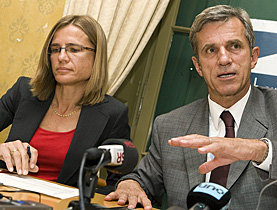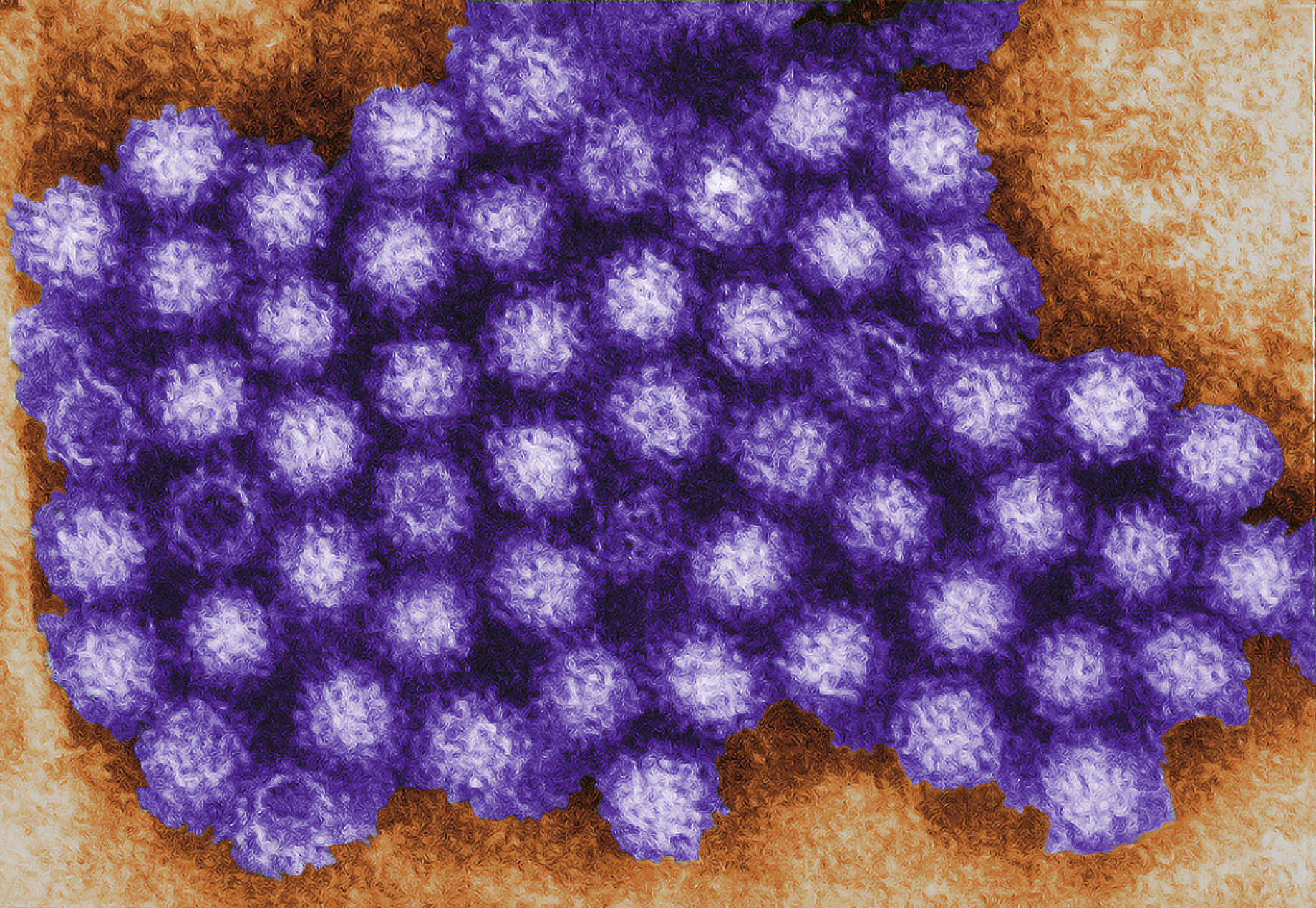Swiss ready for swine flu, says health office

Switzerland is very well prepared to deal with a likely second wave of swine flu this autumn, say senior Swiss health officials.
They made the remarks as ministers and experts met in Geneva to discuss ways to deal with the outbreak of swine flu which has infected some 9,830 people in over 40 countries and killed 74, but which so far appears to be a mild virus.
The largest concentrations of the new H1N1 swine flu virus have been recorded in the United States, Mexico and Canada. Big pockets of infection have also been reported in Japan, Spain and Britain.
Of the 88 suspected cases reported in Switzerland, only one “very mild” case has been confirmed, while two others remain under investigation. The others turned out to be false alerts.
But the World Health Organization (WHO), which is holding its annual congress in Geneva this week, expects the new virus to keep spreading rapidly, both within countries and across the globe.
It is difficult to know how the virus will evolve, but unless the summer period suddenly stops it in its tracks, Switzerland has to prepare for a second wave of swine flu in the autumn, Virginie Masserey, head of vaccinations at the Federal Health Office, told journalists on Monday.
Mitigate the consequences
“We know that it’s very difficult, almost impossible, to prevent an influenza-type virus from propagating,” she said. “We have to mitigate the consequences by slowing and reducing the propagation via preventive measures and better access to care for those who are sick.”
But Switzerland is well organized, said Thomas Zeltner, director of the health office.
“WHO has made an inspection of many countries and we came out very well prepared,” he said.
Switzerland has put in place a raft of measures, including cantonal health plans to look after people who fall ill, stocks of anti-viral medicines, health recommendations to reduce virus transmission, supplies of vaccines and a national vaccination plan.
“You have to prepare for the worst but not make the population worry,” said Zeltner.
“The new flu resembles the flu pandemic of 1957 and is more contagious than a seasonal flu but with about the same level of aggressiveness. Today there are 40 countries and we believe that in a month or so there will be 70-80 countries. You cannot contain the disease but you can mitigate it so as to give time to prepare a vaccine.”
Switzerland is in negotiations with GlaxoSmithKlein over a swine flu vaccine, he added.
Vaccine preparation
On Tuesday UN Secretary-General Ban Ki-moon and WHO Director-General Margaret Chan met in Geneva with representatives from about 30 pharmaceutical companies to discuss their ability to make vaccines to fight the new strain.
WHO said drug firms wouldn’t be able to start the production process for a swine flu vaccine until mid-July at the earliest, weeks later than previous predictions. It will then take several months before the vaccine is ready.
The problem is that swine flu virus is not growing very fast in laboratories, making it difficult for scientists to get the key ingredient they need for a vaccine, the “seed stock” from the virus.
Specialists believe that once full-scale production starts, they can manufacture nearly five billion doses of swine flu vaccine over the course of a year. The UN might have access to up to 400 million doses for poor countries. The remainder of the vaccines would most probably go to rich countries who have already signed deals to get the pandemic vaccine as soon as it is available.
Zeltner said it was vital that no part of the world suffered disproportionately.
“We have always said that we need a fair regime for the distribution of a vaccine. We have urged WHO to play a central role and keep a stock to manage this,” he said.
But mass producing a pandemic vaccine would be a gamble, as it would take away production capacity for the seasonal flu vaccine that kills up to 500,000 people each year. Some experts have questioned whether the world really needs a vaccine for a new illness that so far appears mild.
Pandemic alert
The Swiss health director also joined several other countries in lobbying WHO to change its criteria for declaring a pandemic, saying the agency must consider how deadly a virus is – not just how far it spreads across the globe.
The alert for swine flu is currently at phase five, which means the virus is spreading unchecked inside at least two countries in a single region. Under the existing rules, phase six indicates that an outbreak has occurred separately in at least two different regions of the world, and would mean that a pandemic is under way.
But Switzerland, Britain, Mexico, Japan, China and others say greater flexibility is needed. They fear a swine flu pandemic declaration could spark mass panic and economic turmoil.
Some cited the costly and potentially risky consequences, such as switching from seasonal to pandemic vaccine.
“We think you need to be very careful when switching to phase six so as not to make people more concerned about the situation, which is certainly not out of control right now,” said Zeltner.
Simon Bradley in Geneva, swissinfo.ch
Swine flu is thought to spread as easily as regular winter flu, which infects millions each year. Early estimates are that 25-30 per cent of family members are getting sick once a relative brings it home.
But it is not clear how dangerous it is. Genetically, it doesn’t share the same traits that made the infamous 1918 pandemic so deadly, nor does it seem as virulent as the bird flu that scientists have tracked for several years.
WHO says 40 countries have reported more than 9,830 cases, mostly in US and Mexico.
Since the outbreak began last month, 80 people have died – 72 in Mexico, six in US, one in Canada and one in Costa Rica. Officials said victims from Canada, U.S. and Costa Rica also had other medical conditions.
A total of 176 cases have been confirmed in Japan, making it the world’s fourth-most infected country, after the US, Mexico and Canada. Only one “very mild” case has been confirmed in Switzerland, while two others are under investigation.
The seasonal flu virus kills up to 500,000 people each year.
WHO has said two anti-viral drugs, Tamiflu and Relenza, have been effective against the new swine flu if administered at an early stage.
There is no vaccine yet. The US government is working to develop one but it could not become available until this autumn at the earliest.
Manufacturers are preparing regular flu shots for the same time, when normal influenza strains will start circulating regardless of how swine flu develops.

In compliance with the JTI standards
More: SWI swissinfo.ch certified by the Journalism Trust Initiative













You can find an overview of ongoing debates with our journalists here . Please join us!
If you want to start a conversation about a topic raised in this article or want to report factual errors, email us at english@swissinfo.ch.